Two days, 240 treated for diarrhoea
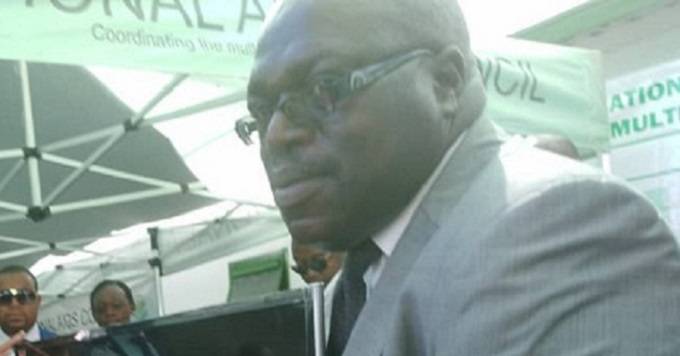
Bongani Ndlovu, Chronicle Correspondent
MORE than 240 people were treated for diarrhoea in Bulawayo between Tuesday and yesterday as cases continue to rise in an outbreak that is mostly affecting children under the age of five.
The first case in the latest outbreak was reported on September 26 and has been linked to the ongoing water crisis which has seen some residents going for two weeks without running water.
Bulawayo is experiencing an acute water shortage which has resulted in the Bulawayo City Council providing water to only a few suburbs for 12 hours per day in a week.
Speaking to Zimpapers Television Network yesterday, Bulawayo health services director Dr Edwin Sibanda said no deaths had been recorded.
“This (diarrhoea outbreak) is a moving target, so I know it was 240 something yesterday, over 240 let me say. Maybe by the end of the day it will be more,” said Dr Sibanda. “So far there has not been any death but the majority of those ill are children under the age of five and the diarrhoea is reported to be watery and so far, no one had stools accompanied with blood.”
Dr Sibanda said only a few cases had been admitted to Mpilo Central Hospital.
“There were one or two people who have been vomiting, but none have been too serious to warrant admission except about four who have been rehydrated using drips and transferred to Mpilo Central Hospital,” said Dr Sibanda.
Last week the diarrhoea outbreak was reported to have started in densely-populated Mzilikazi suburb with nearly 100 cases attended to.
In a follow-up interview with Chronicle, Dr Sibanda said there was also a case treated in Magwegwe.
He said besides members of the public adhering to hygienic practices, taps should flow with water in order for residents not to contract diarrhoea.
“The solution is actually the provision of water flowing from the tap. That’s the solution, and then people adhering to hygiene just as dictated by Covid-19 standards; washing of hands regularly, boiling water prior to drinking it, especially water from any other source than the tap,” said Dr Sibanda.
The outbreak follows Auditor-General Mrs Mildred Chiri’s report tabled before Parliament last week stating that Bulawayo is among six local authorities at risk of outbreak of water-borne diseases that could lead to deaths due to councils’ failure to manage sewer reticulation systems.
She said the persistent bursting of sewerage pipes could result in the outbreak of fatal diseases.
“Due to failure by the urban local authorities to attend to blockages within the stipulated eight to 24 hours, raw sewage is lost into the environment before reaching the treatment plants thereby contaminating water bodies.
“The raw sewage flowing on the ground will mix with potable water thereby resulting in water-borne diseases.
“Furthermore, delays in repair of sewer blockage/chokes will result in backflow of sewage increasing pressure on inlet pipes and joints or weaker points will give in to pressure thereby causing further blockages,” said Mrs Chiri.
A diarrhoea outbreak was recorded in Luveve and nearby areas in June infecting nearly 2 000 people and killing 13. When Luveve was hit by the diarrhoea outbreak, council suspended the 144-hour water shedding in the suburb as part of measures to contain the disease. — Follow on Twitter @bonganinkunzi


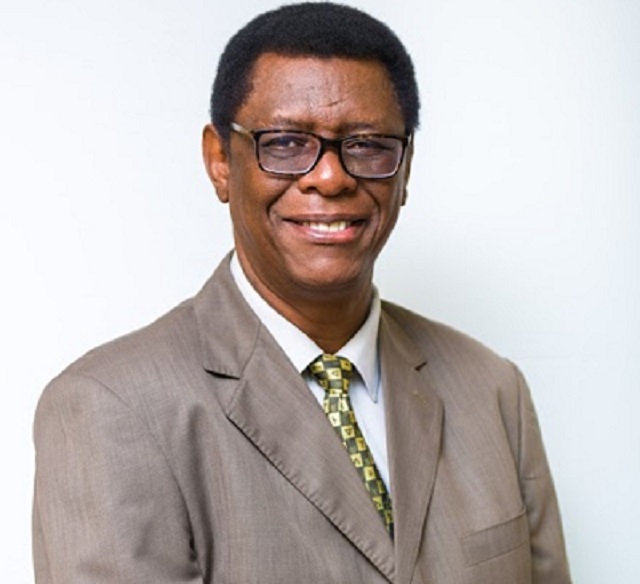
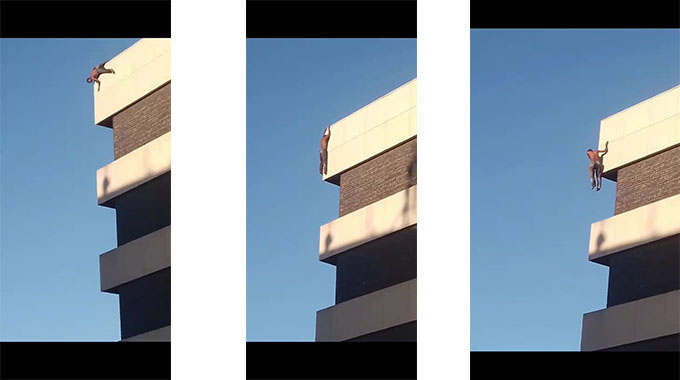
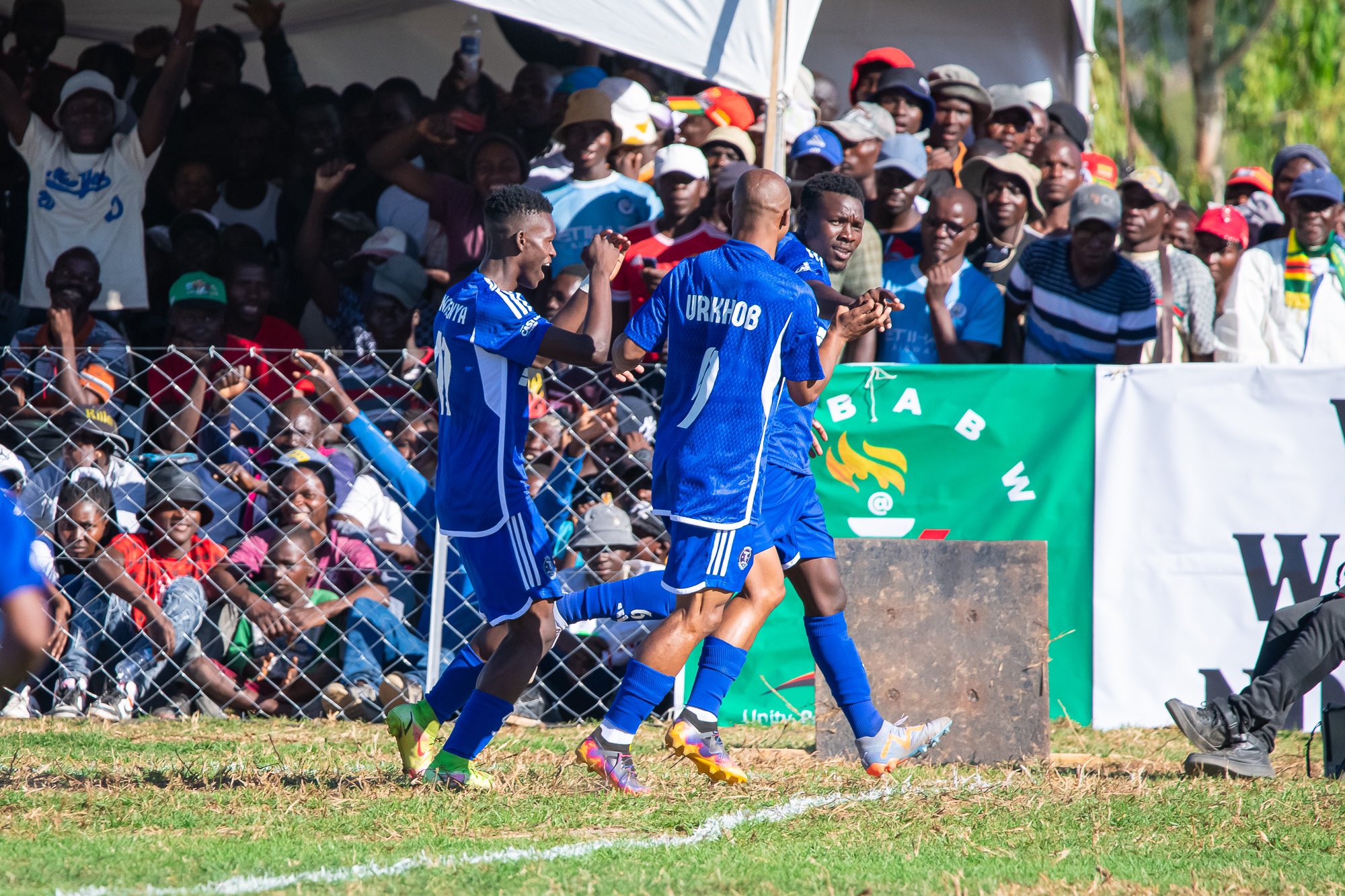
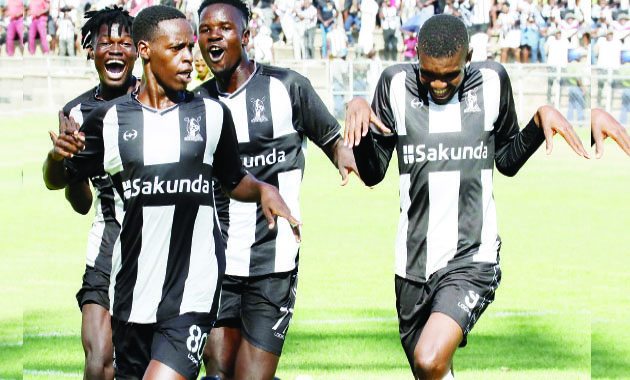





Comments